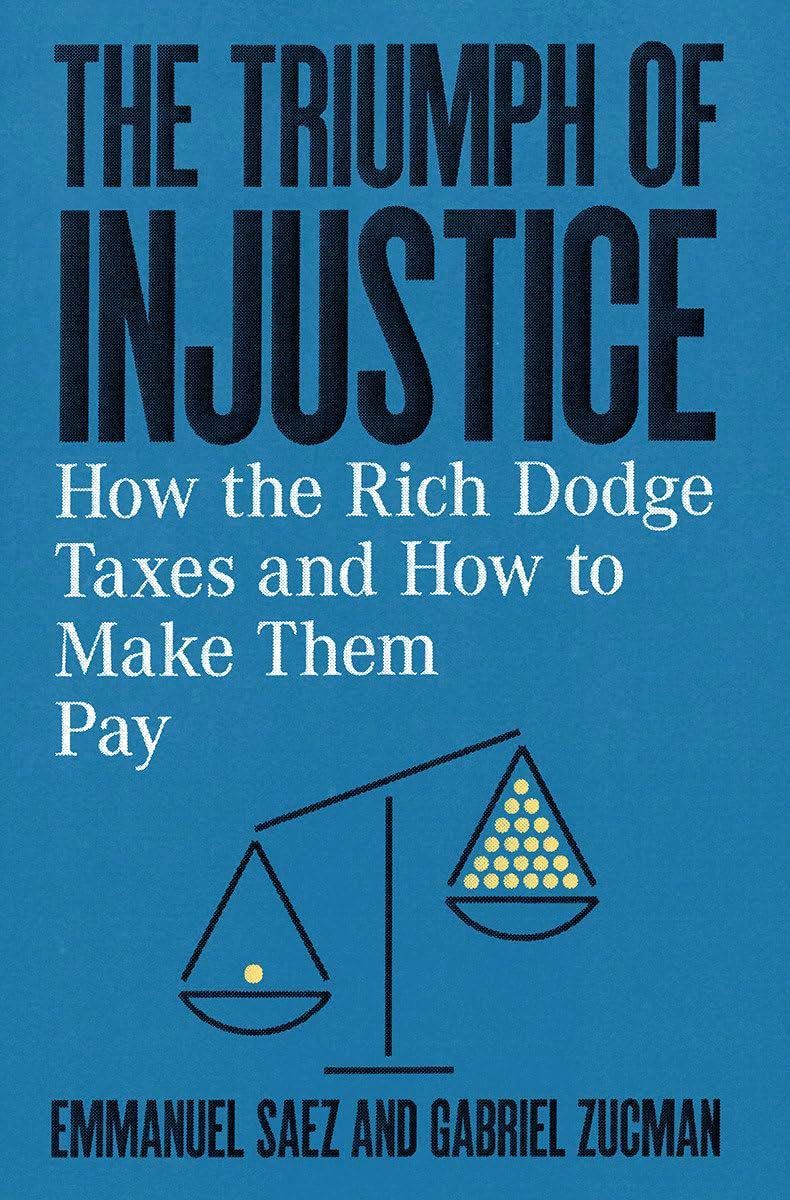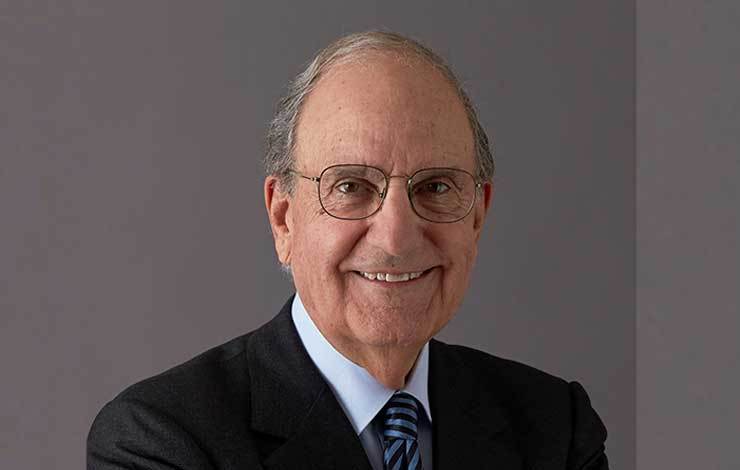The G20 is an intergovernmental group of 19 powerful countries, plus European and African Union representatives, who meet annually to discuss a unified approach to dealing with major economic and social problems.
Its members include Russia and China, as well as powerful Western countries such as Germany, France, and the United States. Gabriel Zucman, the noted economist, in a report to the group, focuses on the rates of capital taxation paid by billionaires which are typically about a quarter of what the average person pays.
He points out that taxes fall far more heavily on average people than on billionaires, whose main assets are simply not taxed.
Zucman puts it very clearly: “In effect, the middle class is subject to wealth taxation while billionaires manage to avoid it.” In a recent book on taxation titled “The Triumph of Injustice” authored by Mr. Zucman and his colleague in the University of California, Emmanuel Saez, the two provide some eye-opening and shocking information on who actually pays taxes in the United States. The average tax rate on the richest 400 American households dropped from 70% in 1950 to 47% in 1980.
After the Trump tax cuts in 2017, it now rests at 23%. If Mr. Trump is returned to the White House in November, he has assured his mega contributors that they will be taken care of again.

According to another salient study by the respected ProPublica covering 2014 to 2018, the 25 richest Americans, including Jeff Bezos, Warren Buffett and Elon Musk, paid a “true tax rate” of 3.4%, despite the fact that their collective net worth rose by over 400 billion dollars during those years.
Middle-class and poor families haven’t benefited much or at all from falling tax rates, and they now pay more in payroll taxes than in the past. Saez and Zucman portray tax history as a struggle between those who want to tax the rich and those with power successfully coddling those with bulging bank balances. By the 1950s, in those post-war years, the high-tax advocates prevailed.
The United States, with a strong economy, had the world’s most progressive tax code, with a top income tax rate of 91%. Keep in mind that this situation was not due to some tax-the-rich lefties achieving political power in Washington.
In fact, President Eisenhower, a respected Republican, was in the White House for most of that decade. The second half of the twentieth century was very different, mostly a time of supremacy for the advocates of low taxes. Companies found ways to dodge paying, and politicians cut every tax, especially the ones benefiting the wealthy.
The rationalization used to justify these policies claimed that cutting taxes on the rich helped build a vibrant economy – the mostly discredited Trickle Down Theory. Some Democrats complained that low taxes inevitably meant reductions in funding for education and healthcare as well as slashing anti-poverty programs.

They faced organized outcries against “the tax and spend Democrats,” which led to progressive candidates shying away from advocating for programs that would help the poor and provide a boost for families struggling at the bottom. In their book Saez and Zucman sketch out a modern progressive tax code. The overall tax rate on the richest one percent would approximately double to 60% - still far short of the Eisenhower years.
This tax increase would bring in about $750 billion a year, enough to pay for universal pre-K and boost multiple support programs for struggling families. Unlike empty claims that millions flowing to corporate grandees somehow help the overall economy, these anti-poverty and pro-infrastructure development plans, suggested by the two authors, lift economic growth and spread the benefits widely.
One crucial proposal from these economists involves the imposition of a minimum global corporate tax of 25%. A company would have to pay the tax on its American profits even if it set up headquarters in Norway or Ireland.
They also favor a wealth tax similar to one introduced a few years ago in Washington by Senator Elizabeth Warren. Importantly, in addition, conscious of the evasion and avoidance techniques developed by the super-affluent, they call for the creation of a Public Protection Bureau to crack down on tax dodging.
Many readers think with good reason that radical proposals like these are doomed to failure in Washington because moneyed people pull strings and are bound to stymie any such legislation. Zucman understands this cynicism but points out that previous efforts to clamp down on tax avoidance have been partially successful.
Oxfam, the major international charity, recently commented on economic inequality in Ireland. It pointed out that the two richest billionaires in the country have more wealth than the bottom half of the population. The richest 1% hold more than a third (35.4%) of Ireland’s financial wealth.
Ireland has nine billionaires in total. The top two mentioned above are Shapoor Mistry, head of a construction, real estate, energy and media conglomerate in India, and American-born financier John Graygen. Stripe founders John and Patrick Collison, media mogul Denis O’Brien, and Celtic football club owner Dermot Desmond are farther down the billionaire list.
Brid McGrath, PRO at Oxfam Ireland, talked about the likelihood that we will have the first trillionaire within a decade and warned that even with serious policy changes it would take two centuries to end the curse of poverty. Supporting policy options similar to Zucman, she called on the Irish government to introduce a permanent wealth tax on the rich, starting at a mere 1.5% for millionaires and climbing to 5% for billionaires.
Oxfam executive director Amitah Behar from India warned in a recent speech that the high level of inequality in the world was ushering in “a dangerous decade of division.” This inequality is no accident, he said.
The billionaire class is ensuring that corporations deliver more wealth to them at the expense of everyone else.”
Gerry O'Shea blogs at wemustbetalking.com








